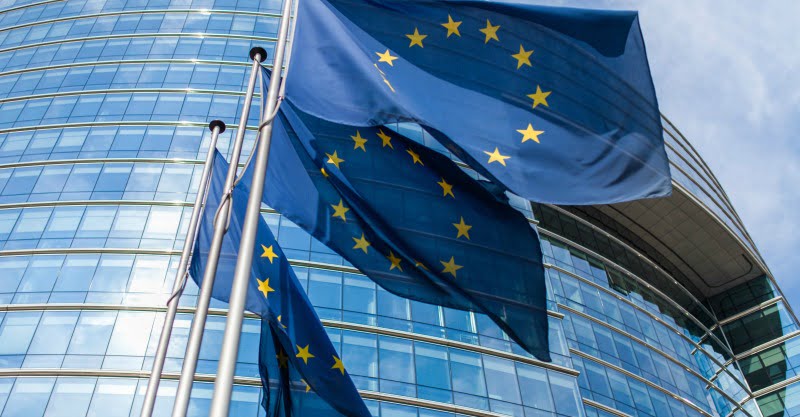TECH

The controversial Article 13 The text of the proposal for a directive was presented in 2016 by the European Commission, which this year the Council of the European Union and the European Parliament presented the respective versions, which give them the mandate to negotiate the so-called "trialogue", from which a version, to be voted on next January.
"The fundamental objectives that are set out [in the Directive] are positive, the way they were found to achieve those goals is that it is negative and deserves repair," Lusa Tito Rendas, a doctoral student at the Portuguese Catholic University Law Faculty ) and a former researcher at the Max Planck Institute for Innovation and Competition in Munich, southern Germany.
According to Tito Rendas, "Article 13 aims to strengthen the bargaining power of right holders on platforms such as YouTube [which is owned by Google search engine], and applies to a set of platforms because rights were dissatisfied with the amounts proposed "by these platforms," especially in relation to what they receive from "those entities" whose business model is based exclusively on licensed content, in which the most paradigmatic case is Spotify.
The 'spotify' platform does not have user-uploaded content, working only with content that has to be licensed, while 'youtube', by way of example, works with its own content, but may also use extraneous content whose availability has not been authorized rights holders.
"So we arranged this article 13, which states that these content platforms loaded by users - and this expression covers a very broad set, which includes platforms such as Facebook, Instagram, Twitter and potentially, if not excluded , Whatsapp, blogs "-, have to be licensed.
According to Tito Rendas, Article 13 comes "to strengthen the bargaining power, forcing these platforms to conclude licensing agreements with right holders".
Underlying this intention of Article 13, in the different versions exist, however, is the need for these platforms to adopt technologies of content recognition, commonly referred to as 'filters', with the aim of avoiding illegal content.
However, warns Tito Rendas, "the judgment that is made of the lawful or illegal is not easy, and these technologies are not able to do so in a minimally competent way", taking into account questions as to whether content is being analyzed and not used or even if it is a satire, which is foreseen by the Directive.
"These are issues that lead to disagreements between human beings, between two judges, for example," he added.
Tito Rendas cited Google's technology for content identification - the 'containing tilly', an investment of 100 million US dollars - and 'that, despite everything, has already given many' false positives'. "
For Rendas to mention that Article 13 opens doors to a "prior censorship" "is not strict", because the term censorship refers to the political environment, preferring to be seen as "potentially infringing copyright."
Cláudio Fonseca, in turn, told Lusa, "The 'share' button allows us to share images, a video, a link, and that's what we want, and 'in extremis' , what this Article 13 allows is to block such sharing by imposing filters. "
The professor of the Faculty of Law of the UCP considers that Article 13 is "a disproportionate solution" that provides "restrictions on the freedom of expression of the user and even of the companies".
Another criticism of the protesters is to Article 11 of this Directive, which aims to "restrict the sharing of hyperlinks, hyperlinks, for news content." The goal here is mainly GoogleNews, "it being understood that this platform should seek to license news content", which leads critics to talk about a "taxation" to the user - "a little rigorous expression", according to Tito Rendas, "but the idea is to pay for news content."
Lusa Agency

No comments:
Post a Comment